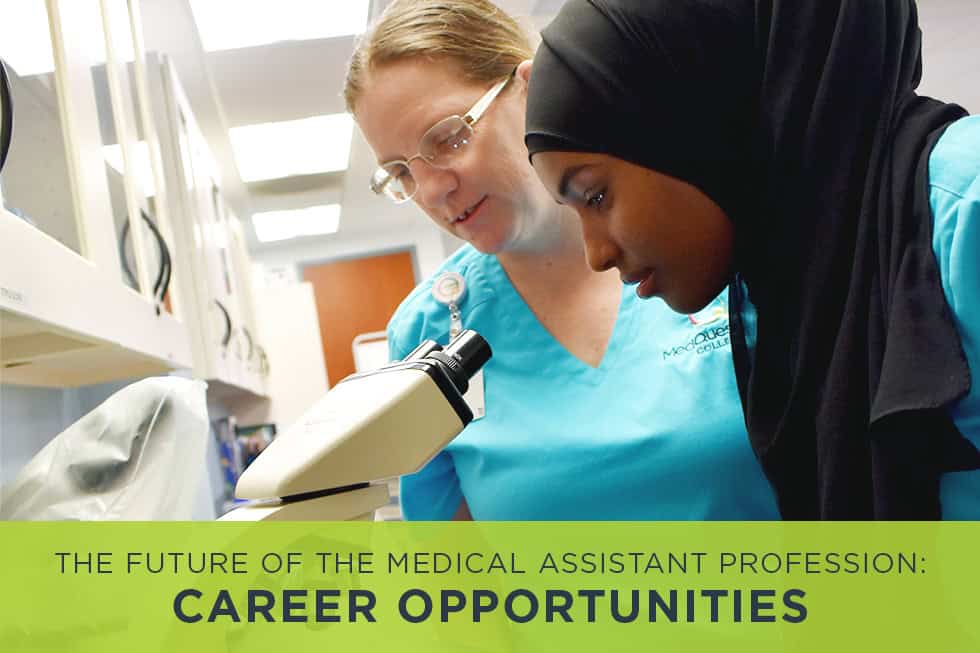As the healthcare industry continues to evolve, so does the role of the medical assistant. Once primarily focused on administrative tasks, medical assistants now play a vital role in patient care, clinical procedures, and healthcare coordination. The future of medical assisting looks bright, offering career opportunities for aspiring healthcare professionals. Let’s explore the evolving landscape of the profession and the career paths it offers.
Expansion of Duties and Responsibilities
The future of medical assisting is characterized by an expansion of duties and responsibilities beyond traditional administrative tasks. They are increasingly involved in clinical duties, such as taking patient histories, performing basic medical procedures, administering medications, and conducting diagnostic tests. As healthcare practices seek to maximize efficiency and improve patient outcomes, assistants are becoming integral members of the healthcare team, working alongside physicians, nurses, and other healthcare professionals to deliver high-quality care.
Specialization Opportunities
As healthcare becomes more specialized, medical assistants have the opportunity to pursue specialized training and certifications in areas such as phlebotomy, electrocardiography (EKG), and medical coding and billing. Specialized medical assistants play a crucial role in providing specialized care and services in various healthcare settings, including hospitals, clinics, and specialty practices. By acquiring specialized skills and certifications, medical assistants can enhance their career prospects and pursue opportunities for advancement in their chosen field.
Technological Advancements
Advancements in healthcare technology are reshaping the way medical assistants work and interact with patients and healthcare providers. Electronic health records (EHRs), telemedicine, and mobile health apps are increasingly being integrated into healthcare practices, streamlining administrative tasks, improving communication, and enhancing patient care. Medical Assistant with proficiency in healthcare technology and digital health tools are well-positioned to adapt to these changes and contribute to the efficient delivery of healthcare services.
Career Growth and Advancement
The future of medical assisting offers opportunities for career growth and advancement. They can advance their careers by pursuing additional education and training, such as an associate degree in medical assisting or a related field. With further education and experience, medical assistants can pursue leadership roles, such as office manager or clinical supervisor, or transition into other healthcare professions, such as nursing or healthcare administration.
Continuing Education and Professional Development
To stay competitive in the evolving healthcare landscape, medical assistants must prioritize continuing education and professional development. Continuing education programs, workshops, and certifications enable medical assistants to stay updated on industry trends, advancements in medical technology, and changes in healthcare regulations. By investing in their professional development, medical assistants can enhance their skills, expand their knowledge, and advance their careers in the dynamic field of healthcare.
With expanding roles, specialization opportunities, technological advancements, and avenues for career growth and advancement, medical assisting continues to be a great profession. If you’re interested in pursuing a career as a medical assistant, MedQuest College offers comprehensive educational programs to help you achieve your career goals. To learn more about our medical assisting programs and how they can prepare you for success in the field, visit our programs page today.

